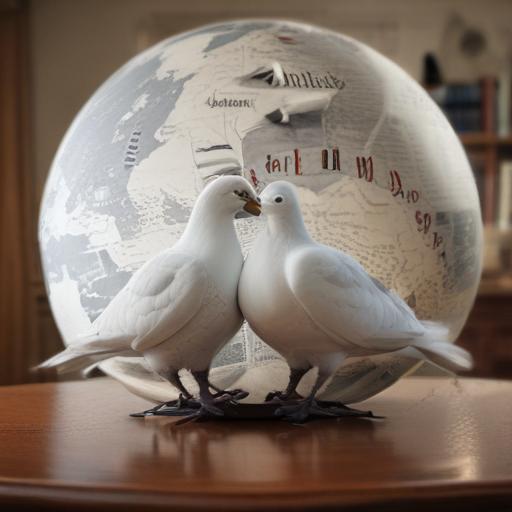Rafael Grossi, the head of the International Atomic Energy Agency (IAEA), has expressed grave concerns about Iran’s nuclear capabilities, stating that the country could resume enriching uranium for potential weaponization within a matter of months. This assertion follows recent military strikes by the US on several Iranian nuclear sites, where Grossi noted the damage inflicted was considerable but not total, contradicting former President Donald Trump’s claim of their complete destruction.
Grossi emphasized that Iran has retained both the industrial and technological capacity needed for uranium enrichment, suggesting that it could quickly restart its program if desired. Earlier assessments, including a leaked Pentagon report, indicated that the US strikes might have only delayed Iran’s nuclear ambitions rather than completely halting them.
Tensions have escalated as Iran and Israel engage in military posturing, yet a ceasefire has currently been agreed upon. Iranian military officials have expressed skepticism about Israel’s adherence to this ceasefire, highlighting the ongoing volatility in the region.
Iran’s leadership has sent mixed signals regarding the impact of the US strikes. While Supreme Leader Ayatollah Ali Khamenei claimed that significant military actions yielded no meaningful results, foreign minister Abbas Araghchi admitted that the strikes inflicted “excessive and serious” damage. This mixed messaging complicates the diplomatic landscape, particularly with the IAEA.
In a concerning turn, Iran’s parliament has sought to limit cooperation with the IAEA, accusing it of bias towards the US and Israel. Tehran has also rejected requests from the IAEA for inspections of the bombed sites, further straining their relationship.
Despite these challenges, Grossi expressed hope for future negotiations with Tehran, underlining the necessity of a diplomatic solution to the ongoing crisis. His commitment to dialogue reflects a possible avenue for de-escalation and moving towards a more stable situation, highlighting the importance of ongoing discussions in resolving these critical issues.
This situation underscores the need for continued diplomatic engagement to address Iran’s nuclear program and alleviate regional tensions, suggesting that there may still be opportunities for constructive dialogue amidst the current upheaval.
